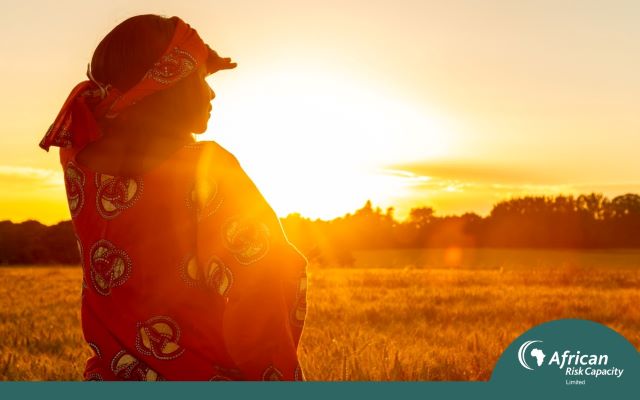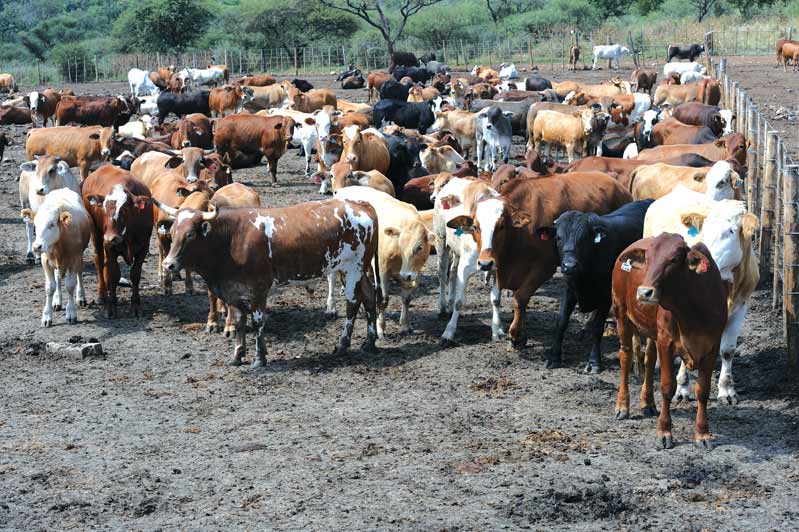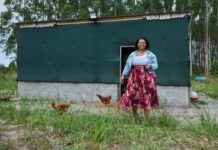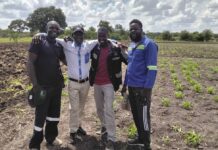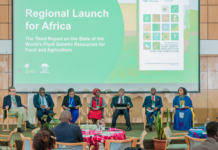African Risk Capacity Limited (ARC Ltd.) and the United States Government (USG) have entered into a landmark US$11.7 million partnership to safeguard food security and strengthen climate resilience in Africa by increasing access to parametric insurance. The project aims to protect vulnerable smallholder farmers facing increasing climate change-related disasters while assisting African governments to better respond to climate risks.
Parametric insurance provides rapid payouts based on pre-agreed triggers, allowing timely responses to natural disasters. The USG funding will enable ARC Ltd. to scale up technical assistance in-country and increase coverage across Africa over the next three years.
Says ARC Ltd. COO Ange Chitate, who heads up the project: “ARC Ltd. is committed to protecting the livelihoods of farmers and pastoralists across our African Union member states. Our priority with this grant is to provide coverage to 19 states, and with the support of the USG, we will refine and develop innovative products that will meet the evolving needs of these countries.”
The project has two primary objectives. Firstly, governments will be assisted with capacity building to manage climate change-induced disasters through the effective use of parametric insurance. To this end, ARC Ltd. will work closely with governments to customise risk models for each country, establish contingency plans and integrate parametric insurance into policy frameworks. This localisation helps ensure that the insurance payouts will meet the real needs on the ground.
Secondly, the project seeks to increase the uptake of parametric insurance through close cooperation with the African Union and regional economic communities to encourage adoption. It will also focus on aligning domestic policy frameworks with regional policies to embed parametric insurance in existing climate adaption frameworks.
Increasing climate change impacts requires responsive diversification to ensure the project’s long-term sustainability and ARC Ltd. is committed to expanding its portfolio to cover more countries, hazards and people. Plans include developing demand-driven micro/meso insurance and diversifying beneficiaries, such as pastoral farmers locally and humanitarian organisations internationally.
Various activities have been identified to achieve the objectives. On the technical side, ARC Ltd. will further refine and develop new products for member states with a focus on drought, flood and tropical cyclone models. ARC Ltd. will also work more extensively with technical and financial partners, UN agencies, international financing institutions and universities to identify how data can be used for increased evidence-based policy decision-making and impact measurement.
To pave the way for more countries to participate in the risk pools, ARC Ltd. together with ARC Agency, will align technical, governance, and policy capacity with the risk pool requirements by hosting risk transfer workshops in select countries. Training local experts is also a key focus.
ARC Ltd. will also complete policy underwriting for single and multiperil cover, having identified the countries that qualify for each.
The USA aims to help more than half a billion people in developing countries to adapt to and manage the impacts of climate change through President Biden’s Emergency Plan for Adaptation and Resilience (PREPARE). With this partnership, it has strengthened its strategic interests in disaster risk financing in Africa while signalling its commitment to investing in locally led climate solutions. For ARC Ltd., this project aligns with its mission to safeguard more nations and create effective pan-African climate response systems.
“ARC Ltd. has set an ambitious goal of protecting the lives and livelihoods of 700 million vulnerable people in Africa by 2034,” says ARC Ltd. CEO Lesley Ndlovu. “The partnership with the United States Government, and others, will help us achieve this goal. It also demonstrates the commitment of developed nations to building the resilience of the global south to withstand climate disasters.”


